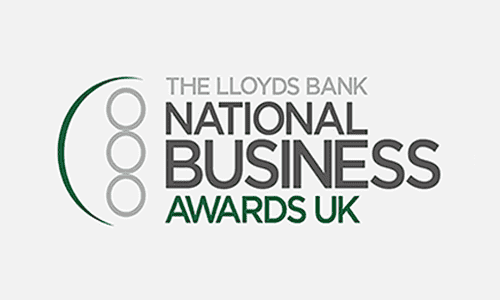- >
- Mortgage comparison>
- How much equity do I have
Now that you know how much equity is in your home, it's time to find out what mortgage you could get. Whether you're remortgaging or moving house, our partner Mojo can help you find the best mortgage deal.
How much equity do I have in my house?
Use our mortgage equity calculator above to work out how much equity you have in your home. You can then check if you can get a cheaper mortgage, or whether you can release equity from your home.
How to use our mortgage equity calculator:
Enter how much your property is worth. If you're not sure, get a free valuation from Zoopla.
Enter how much is left on your mortgage balance. You can check your balance by asking your lender, checking your last statement or by signing in to your account on your lender's website.
Enter how much you owe on secured loans, if you have taken any out.
Click "Calculate", and we'll show you how much equity is in your home.
Use our equity calculator above - no personal details are needed.
What does having equity in your home mean?
Equity is the value of how much of your house you own. For example, if your mortgage balance is £150,000 and your house is worth £200,000, you have £50,000 equity in the property.
If you sold your house for £200,000, you would use £150,000 of this to pay off your mortgage, and you could keep the remaining £50,000 or use it towards buying a new property.
Your equity is made up of the deposit you paid towards the house purchase and any of your mortgage you have paid off. It should keep going up until your mortgage is paid off; you then have 100% equity in your home.
Remortgaging to release equity
When you remortgage, you might be able to release equity from your home. You can do so by borrowing more than you currently owe, so you can get some of the money tied up in your house to spend on other things, such as home improvements.
You may have heard of equity release mortgages - these are specialist products normally only available to borrowers who are at least 55 or older. They most commonly come in the form of lifetime mortgages.
If you're interested in equity release, you can also try our equity release calculator provided in partnership with our broker Responsible Equity Release.
Remortgage
When you remortgage, you get a new mortgage on your current home without moving. If you can find a cheaper deal, you could save money.
Once you have used the above remortgage calculator to work out your equity and LTV, you can compare remortgages and apply for a new one.
Home mover
You can use the equity in your home plus your savings as the deposit when you buy a new house. For example, if you have £50,000 equity in your current home and want to buy a new house for £200,000, you would have a 25% deposit.
This means you can look for 75% LTV mortgages, which are usually cheaper than mortgages with a higher LTV.
How to find a better mortgage deal
Once you have used our equity calculator, you may be able to:
Find a cheaper mortgage for your current property
Release equity from your home
Get a mortgage for you new home if you move house
To find the best mortgage, you need to work out the loan to value (LTV) you'll need. This is the percentage of the property's value your mortgage covers.
For example, if you have £50,000 equity in a £200,000 property, your mortgage would be for £150,000, (75% of its value). You would need to look for a 75% LTV mortgage.
Last updated: 12 May 2025
Check out current mortgage rates and deals
Simply provide your email address and our broker partner Mojo Mortgages will send you a table with the latest mortgage deals.
Explore mortgage guides
How Much Does It Cost To Buy A Home?
Your home could be the most expensive purchase you ever make. Here is how much you might spend and how to make sure you can afford a mortgage and all of the other costs.
Read MoreWhy compare mortgages with money.co.uk?
Comparing mortgages could help you save money. Our broker partner makes sure you get our best interest rates. Our aim is to provide you with the most up-to-date information, as well as useful tools and calculators to help you make life's most important decisions and take control of your money.
Proud to be award winning
We have always aimed to provide the best possible services to bridge the gap between our users and our clients. Over the years, we have been thrilled to be recognised by various prestigious bodies and organisations for those efforts.





